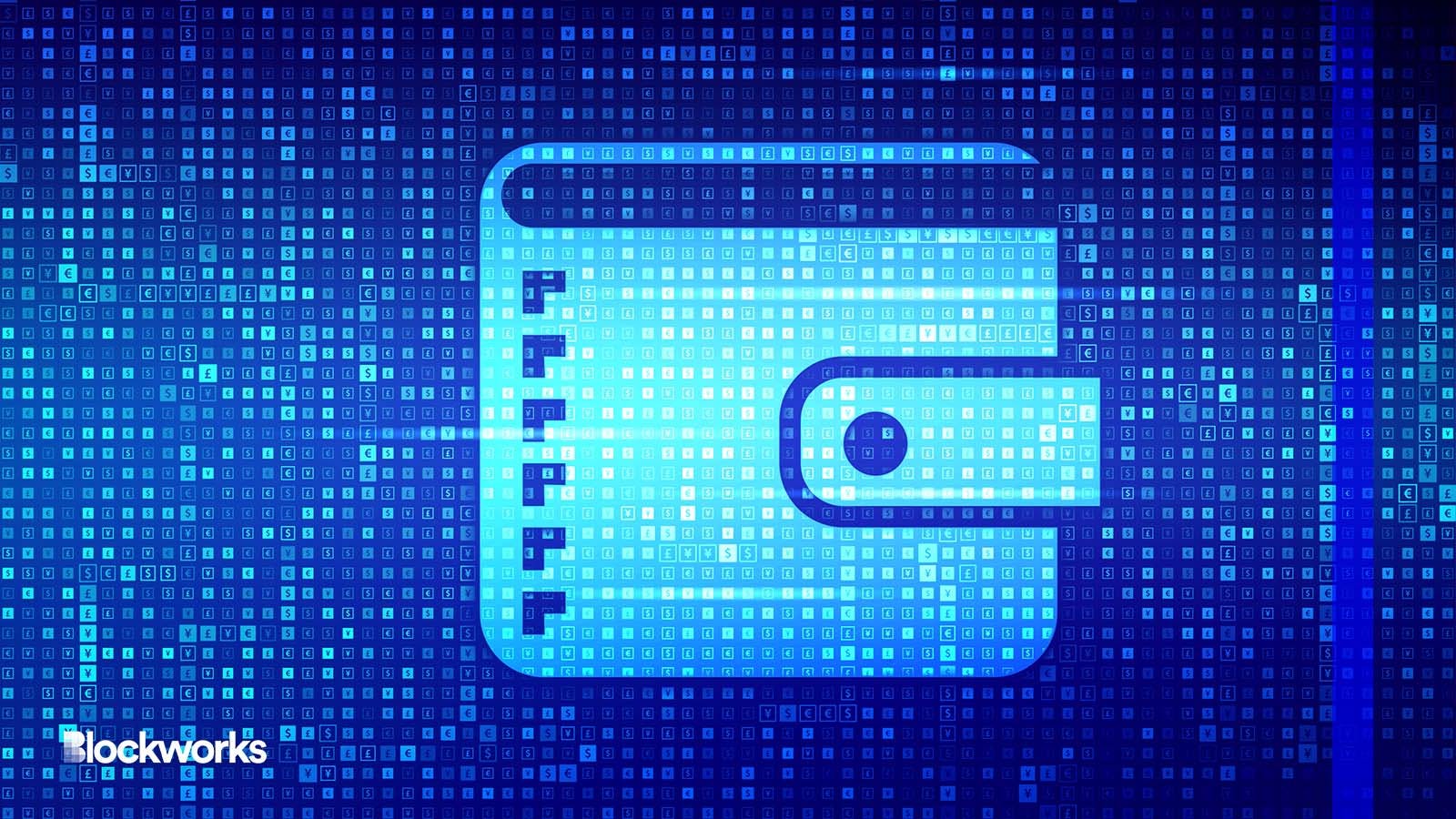In the world of cryptocurrency, it’s crucial to keep your digital assets safe from hackers and cyber threats. Finding the safest way to store your crypto is paramount. Let’s dive into some of the most secure storage options available.
1. Hardware Wallets
One of the most secure ways to store your cryptocurrency is by using a hardware wallet. These physical devices store your private keys offline, making them less vulnerable to online attacks. Some popular hardware wallets include:
| Wallet Brand | Features |
|---|---|
| Trezor | Secure chip technology, PIN protection |
| Ledger | Multi-currency support, backup and restore options |
2. Paper Wallets
Another secure option for storing cryptocurrency is using a paper wallet. This method involves printing out your public and private keys on a piece of paper and storing it in a safe place. However, it’s essential to keep the paper wallet safe from physical damage and theft.
3. Cold Storage
Cold storage refers to storing your cryptocurrency offline, making it less susceptible to hacking attempts. This can be done by using hardware wallets or creating a secure offline storage solution. By keeping your digital assets offline, you reduce the risk of unauthorized access.
4. Multi-Signature Wallets
Multi-signature wallets require multiple private keys to authorize a transaction, adding an extra layer of security. This type of wallet is ideal for businesses or individuals looking for enhanced security measures when managing their cryptocurrency holdings.
5. Secure Exchanges and Wallet Providers
Opting for well-known and reputable cryptocurrency exchanges and wallet providers can also enhance the security of your digital assets. Look for platforms that offer two-factor authentication, encryption, and other security features to safeguard your funds.
6. Encrypting Your Wallet
Encrypting your wallet adds an additional layer of security by requiring a password to access your funds. Make sure to use a strong, unique password and consider enabling multi-factor authentication for added protection.

Credit: blockworks.co
7. Regularly Update Your Software
Keeping your cryptocurrency wallet software up to date is crucial for protecting your assets. Developers frequently release security patches and updates to address vulnerabilities, so ensure you stay current with the latest versions.
8. Backing Up Your Wallet
Always remember to create backups of your wallet and store them in secure locations. In case your device is lost or damaged, having a backup ensures you can still access your funds. Consider using secure external storage or cloud backups for added peace of mind.
Conclusion
When it comes to storing your cryptocurrency, prioritizing security is key. By opting for hardware wallets, paper wallets, cold storage, multi-signature wallets, secure exchanges, and encrypting your wallet, you can significantly reduce the risk of unauthorized access and potential losses. Remember to stay vigilant, keep your software updated, and back up your wallet regularly to maintain the highest level of security for your digital assets.

